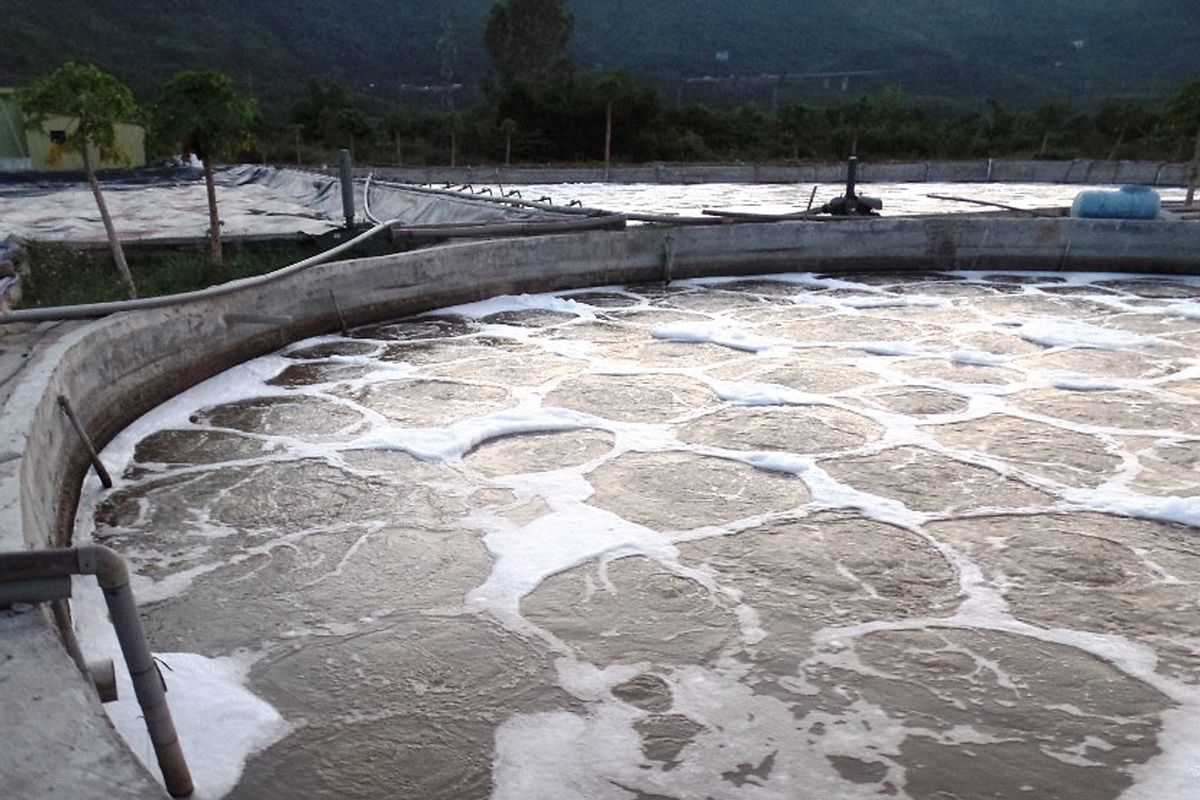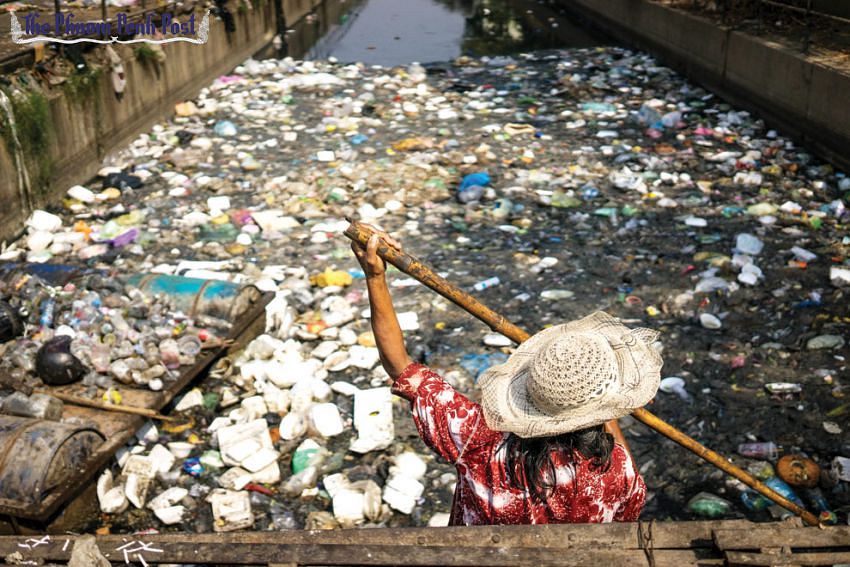As Vietnam continues to grow, human migration patterns are exacerbating the effects of climate change in the country.
While Vietnam grapples with both climate change and lightning-fast urban development, migration patterns are beginning to show the relationship between economic growth and environmental conservation.
Though the majority of Vietnamese still live in rural areas, more and more people are migrating to cities. Just this year, as a devastating drought in southern Vietnam destroyed crops and left both farmers and fishermen in the Mekong Delta out of work, residents of the region headed for Saigon in search of employment.
Saigon’s aging infrastructure is straining under the crush of a fast-growing population, meaning environmental conservation can no longer be put on hold in favor of economic development, reports Mongabay, a news outlet focusing on environmental science and conservation.
Researcher Duong Van Ni, director of Can Tho University’s Department of Environment and Natural Resources Management, believes poverty has led many Vietnamese to view the environment as a resource to be exploit, rather than protected.
“For those people who are living like this, they have to survive,” Ni told Mongabay.“They have two choices for their survival – the first, they migrate to the city. And the others, they migrate to exploit the environmental resources.”
As a result, Ni argues, economic growth and efforts to fight climate change cannot be separated. Though government campaigns have strived to educate the Vietnamese public on environmental conservation issues, the breakneck pace of urban development – in Vietnam in general and Saigon in particular – threatens to worsen environmental conditions at the expense of this economic progress.
Ni points to China as an example of such a trade-off.
“During the last ten years or twenty years, [China] earned a lot of money,” Ni told Mongabay. “But now they have to spend that money on the environment. So that’s why when you develop, you have to balance. You have to select how to balance between development and conservation.”















